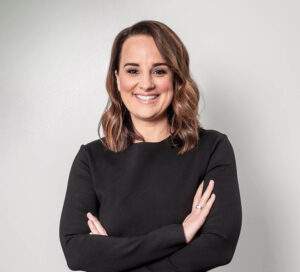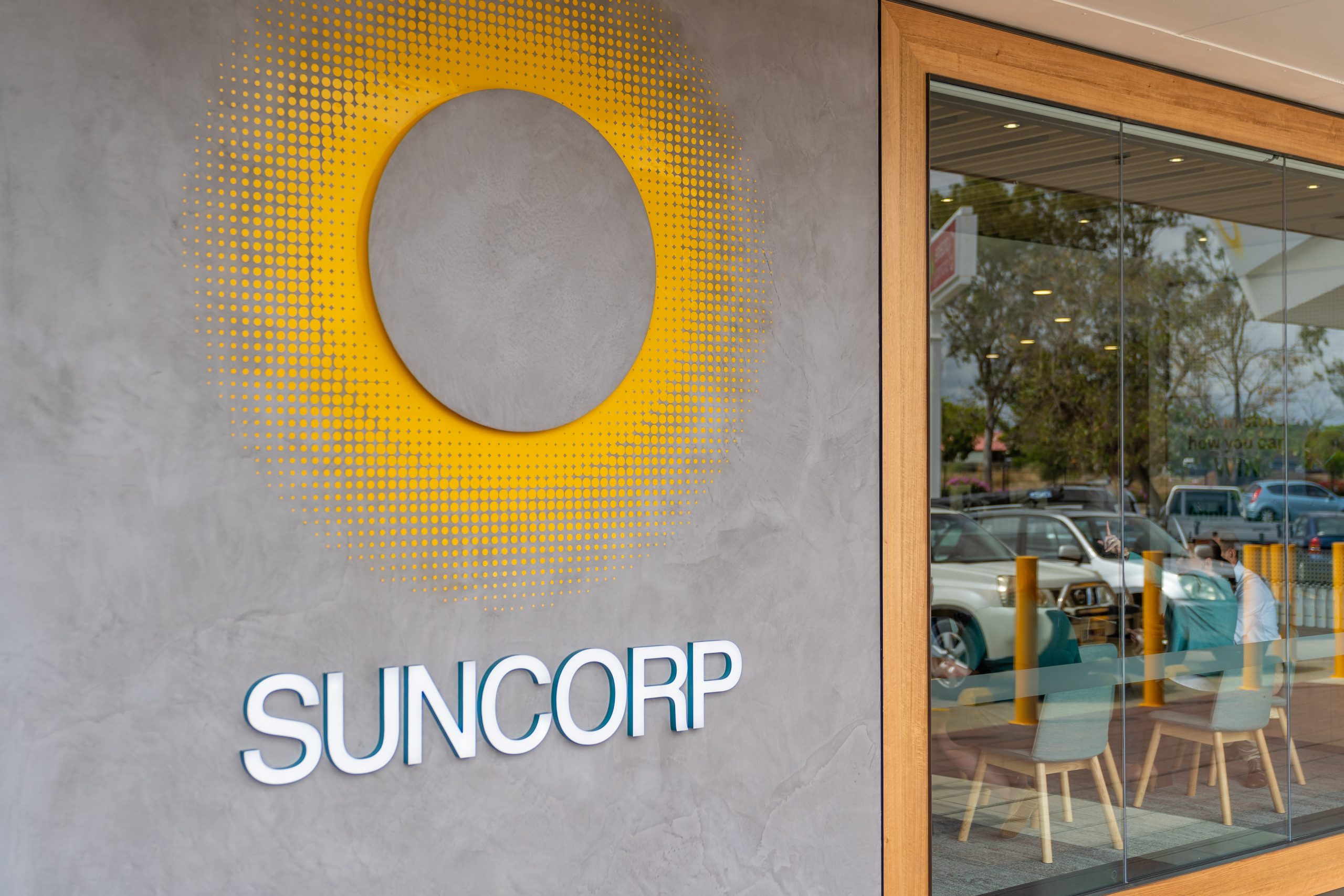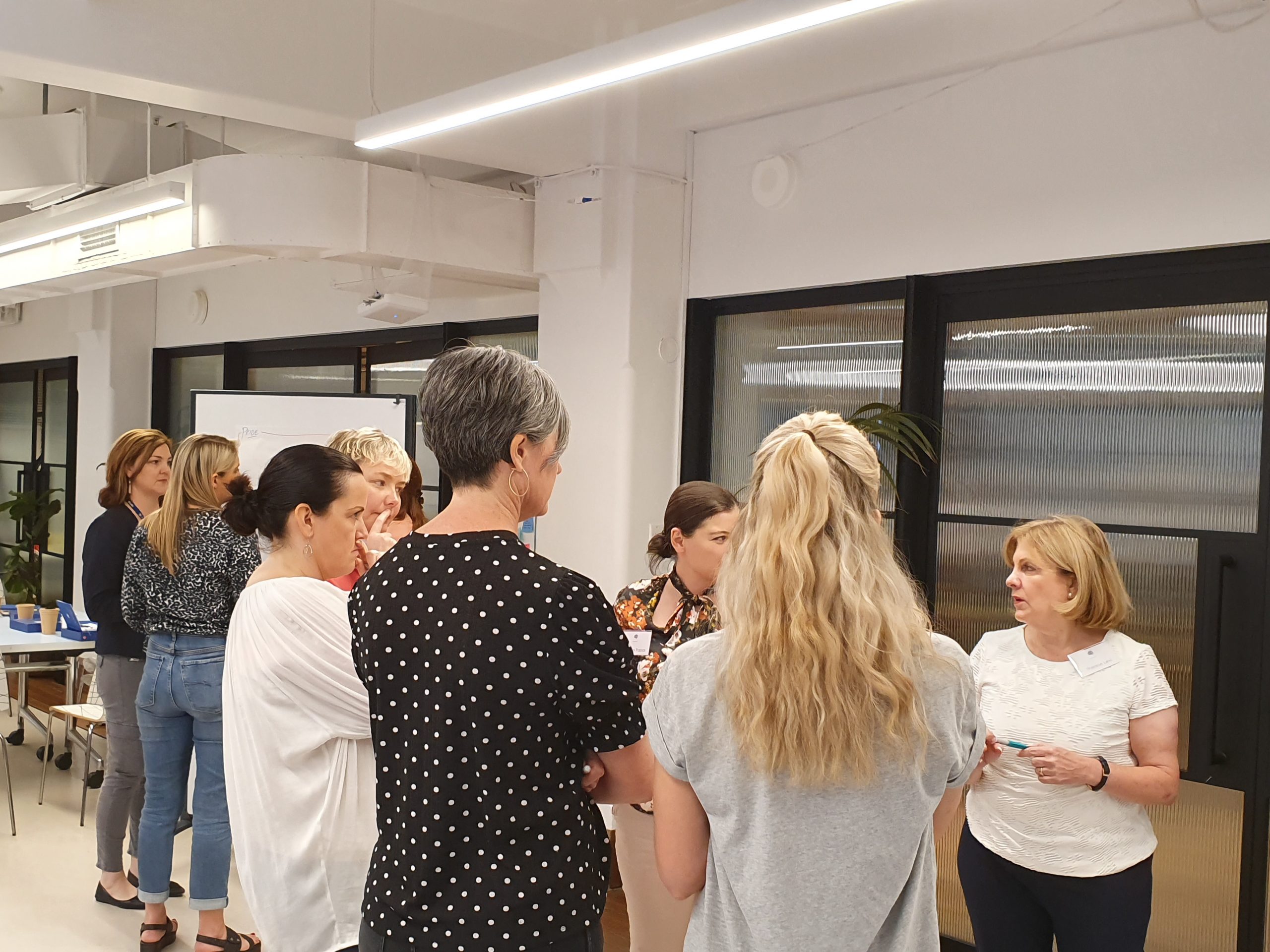We have worked with many organisations across industry to support them in identifying and accelerating talent. This work is critical in setting organisations for the future. It is often sensitive work to be involved in, and while we pride ourselves on challenging perspectives, we treat the process with care and confidentiality. For this reason, whilst we can’t share specific examples, we can share the principles behind our approach and the processes we follow.
When change is coming, whether forced or voluntary, we enable Boards to anticipate and prepare.
The value Maximus brings to the succession planning process is a combination of a dedicated psychological assessment team with highly experienced commercial consultants who are prepared to make difficult calls. We identify talent, potential and readiness within the current Executive – and of other emerging leaders in the business – to enable restructuring and smooth transitions.
Each succession planning assignment is unique, and our approach is customised to the circumstances. However, the process often begins with an evaluation of the current situation, usually an assessment of the bench strength of the Executive and any potential successors, identifying areas of weakness and of opportunity. This requires a deep dive into skills, aptitudes and personalities of each member of the Executive, sometimes including Executive+1 level, as these people will be the next to step up.
The suite of psychometric assessment tools we use for this work assess preferences, abilities and strategic capacities – each in separate assessments. These examinations can be challenging, and people learn a lot about themselves through the process. The assessment framework is co-created with each client as different industries emphasise different capabilities. We also overlay potential Executive capabilities based on our database of best practice skills.
An aspect of the process which is usually highly insightful is a past/present/future interview with each executive. This goes well beyond understanding future career ambitions. Looking into the past of each executive reveals where the values they hold have been created and how these values drive their decision-making preferences. By assessing their own view of their capacity in their current role, we are able to place their aspirations into a realistic context.
Once this work is done, we line up the evaluations of each executive against the capabilities required for the organisation’s future success and determine whether external candidates should also be included.
As a result of the testing, each executive walks away with a calibrated assessment of their future performance potential together with a targeted development plan. This gives them the self-awareness to understand how and where their ‘sweet spot’ may lie within the organisation, and how best to maximise their contribution.
The Board Reports we build from the assessments, insights and recommended actions are extremely thorough, with rigour, time, attention and consideration applied to each report.








